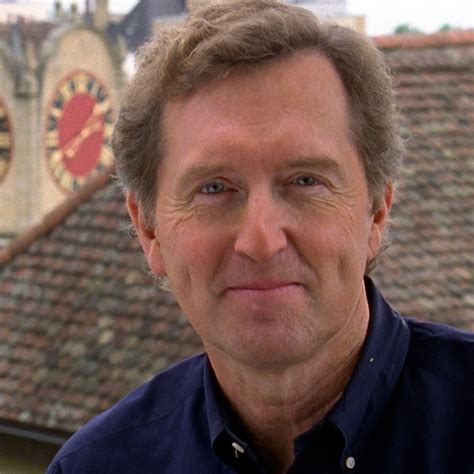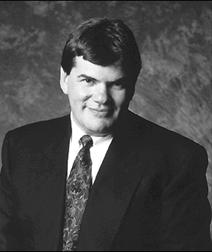A Quote by John Kenneth Galbraith
It was Herbert Spencer, not Charles Darwin, who coined the phrase Survival of the Fittest.
Related Quotes
I have called this principle, by which each slight variation, if useful, is preserved, by the term Natural Selection, in order to mark its relation to man's power of selection. But the expression often used by Mr. Herbert Spencer of the Survival of the Fittest is more accurate, and is sometimes equally convenient.
I fully agree with all that you say on the advantages of Spencer's excellent expression of 'the survival of the fittest.' This, however, had not occurred to me till reading your letter. It is, however, a great objection to this term that it cannot be used as a substantive governing a verb; and that this is a real objection I infer from H. Spencer continually using the words, natural selection.
The law is the survival of the fittest.... The law is not the survival of the 'better' or the 'stronger,' if we give to those words any thing like their ordinary meanings. It is the survival of those which are constitutionally fittest to thrive under the conditions in which they are placed; and very often that which, humanly speaking, is inferiority, causes the survival.
Evolution is the law of policies: Darwin said it, Socrates endorsed it, Cuvier proved it and established it for all time in his paper on The Survival of the Fittest. These are illustrious names, this is a mighty doctrine: nothing can ever remove it from its firm base, nothing dissolve it, but evolution.
Traditional folk music is about survival of the fittest song just like evolution is about survival of the fittest organism and generally the more times a song has been passed down the generations the more brilliant and concise it becomes as every link in that chain can add something good or remove something unnecessary.
The key word is flexibility, the ability to adapt constantly. Darwin said it clearly. People thought that he mainly talked about survival of the fittest. What he said was that the species that survive are usually not the smartest or the strongest, but the ones most responsive to change. So being attentive to customers and potential partners is my best advice--after, of course, perseverance and patience.
































